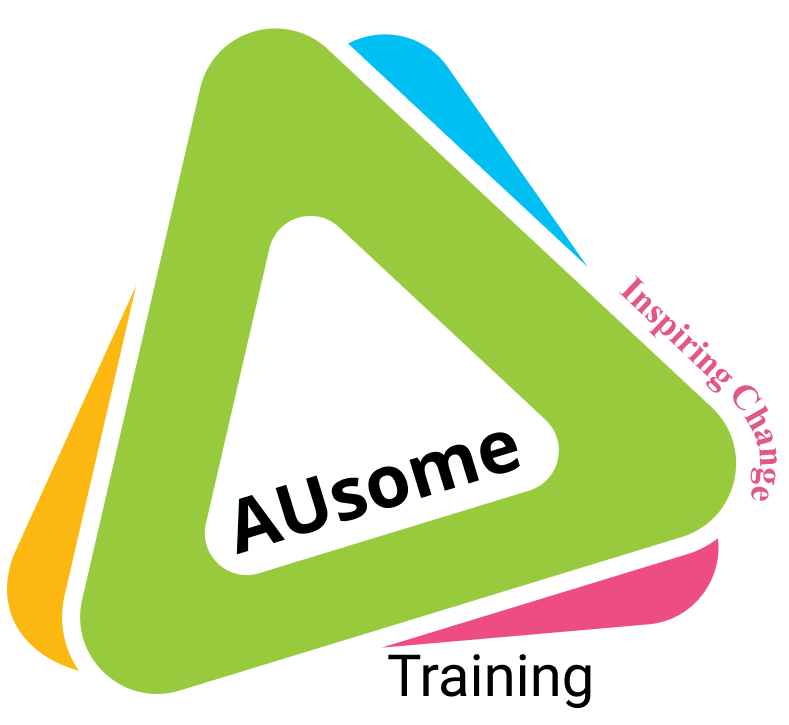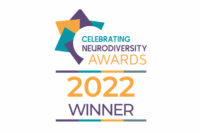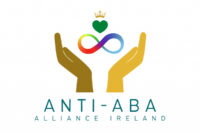Saying “no’ is something we are all entitled to do. But why is it when an Autistic child says “no” it is often automatically labelled as “defiance”? Why do adults often focus on making them say “yes” instead of accepting their “no”?

If we were to apply the same idea to other humans then is a woman who says no to sex also being defiant?
I’ve seen ‘solutions’ to this ‘defiance’ offered like planned ignoring. So if a woman says no to sex, she should be ignored?
Also offered is advice like ‘use the thing they love as a motivator for them to say yes’ … so if a woman is saying no to sex then she just needs a motivator to say yes?
Another “solution” that professionals offer us is to write a script for the child to read. So when they want to say ‘no’, they can read a script written by you to say yes. So let’s apply that same idea to a woman again. Should her “no” be ignored? And should she read something you’ve written so you can pretend she’s actually given consent when she hasn’t really?
Saying No if You’re Autistic is often seen as a problem
Context matters and often the Autistic child is observed in the automatically negative frame of “autism”. The diagnostic criteria, the “experts” and charities have been telling the world for decades that everything we do is wrong. Therefore there is a pre-existing assumption that the Autistic child is not acting in human ways. The responses to Autistic children are often not in line with how we treat other humans.
To understand Autistics we have to begin with the fact that Autistics are human. We respond to human stresses and human environments in human ways. Autistics act in human ways. We learn in human ways and most importantly we feel in human ways.
The Autistic child is entitled to say no. It is their right to say no.
There are reasons humans beings say no to things. Teaching kids to say yes when they mean no is never a good idea. If we teach them this then they will learn that their “no” doesn’t matter. This is setting the foundations for abuse. We are teaching them to please others whether they want to or not, at a cost to themselves.
If a child says no then that needs to be respected.
With such a focus on teaching Autistic children to act “appropriately” I feel that sometimes we do not question the appropriateness of adult responses to them.
With such a focus on teaching Autistic kids social skills are we forgetting that saying “no” is a vital social skill? And shouldn’t we spent more time exploring the different ways Autistic children say no?


